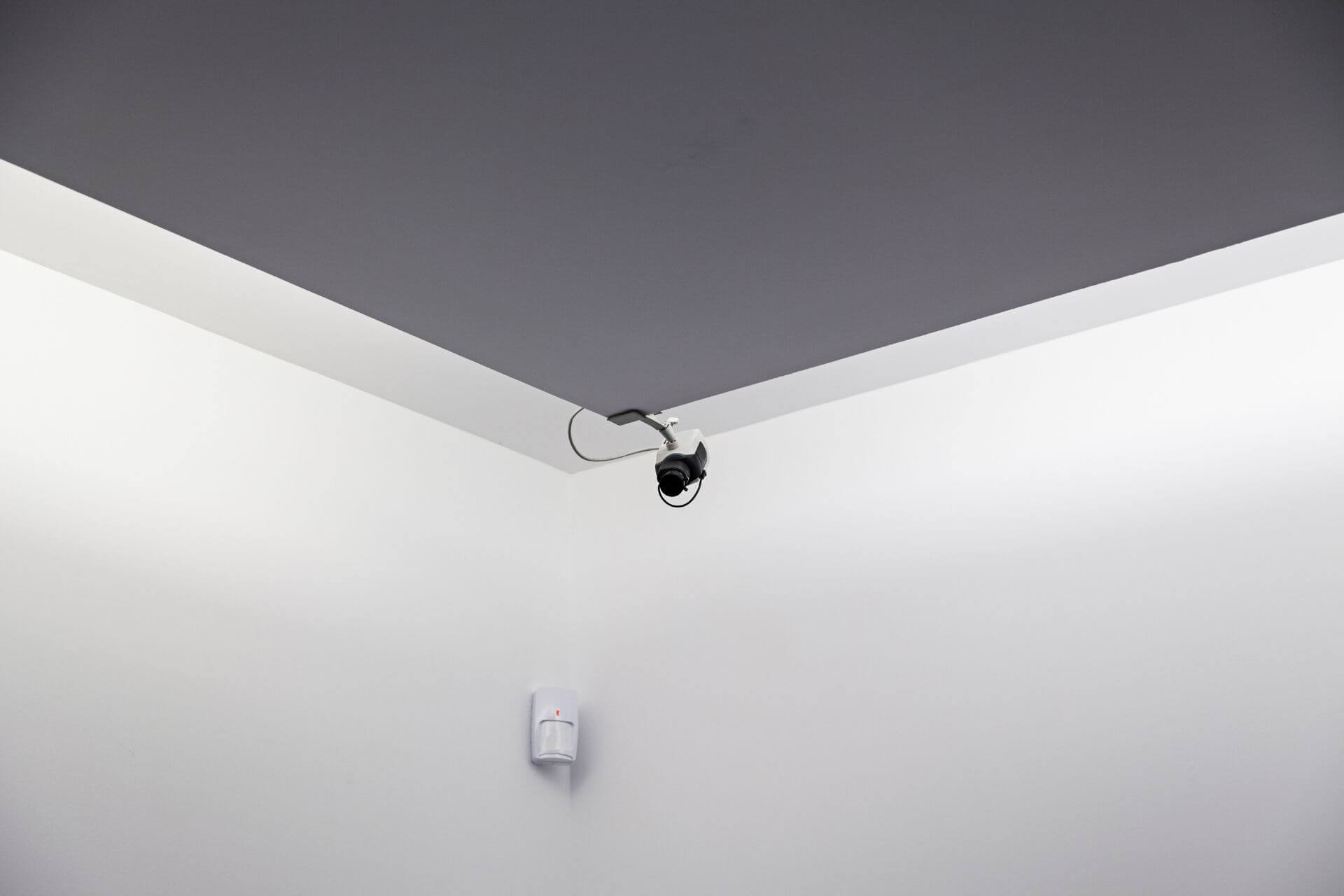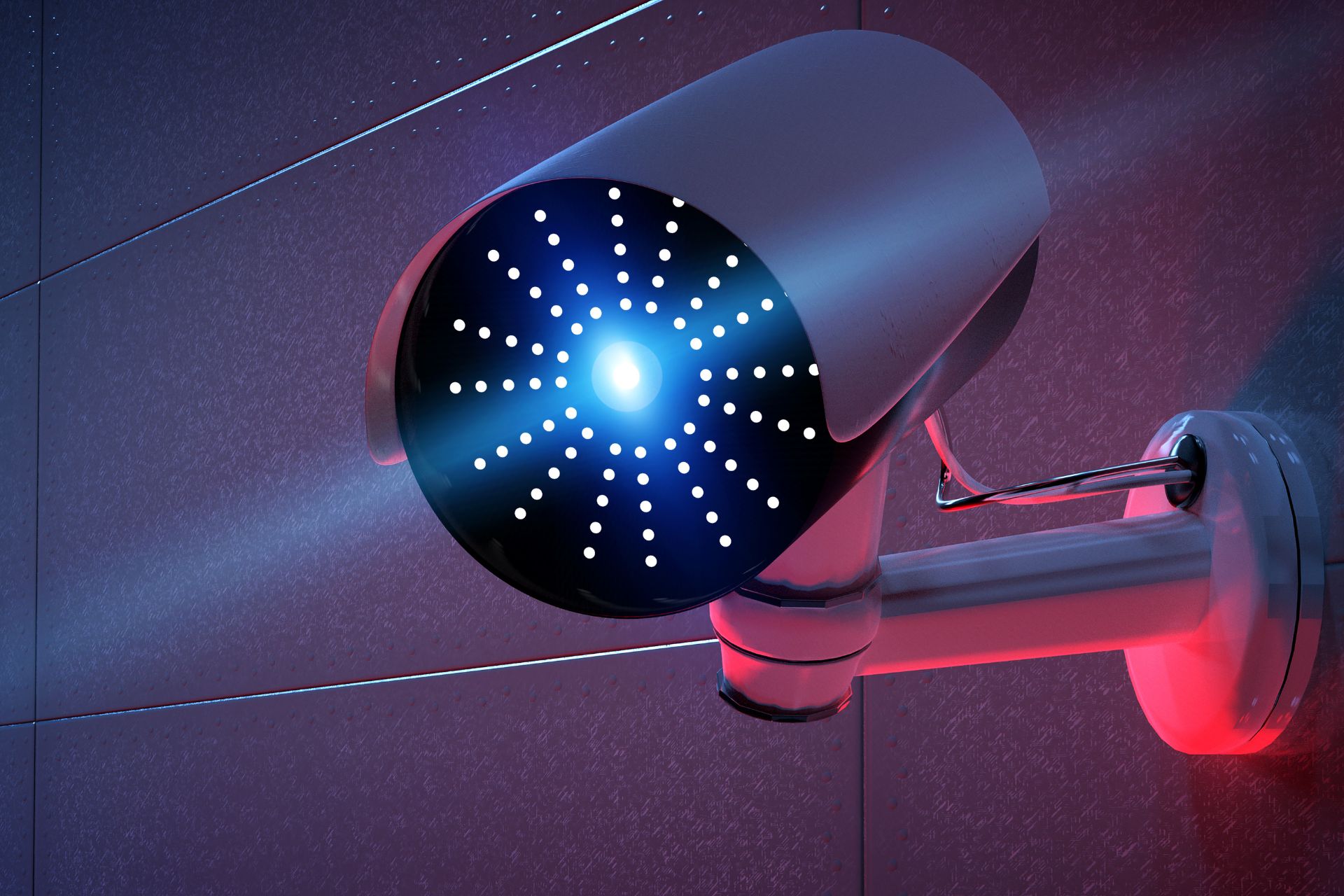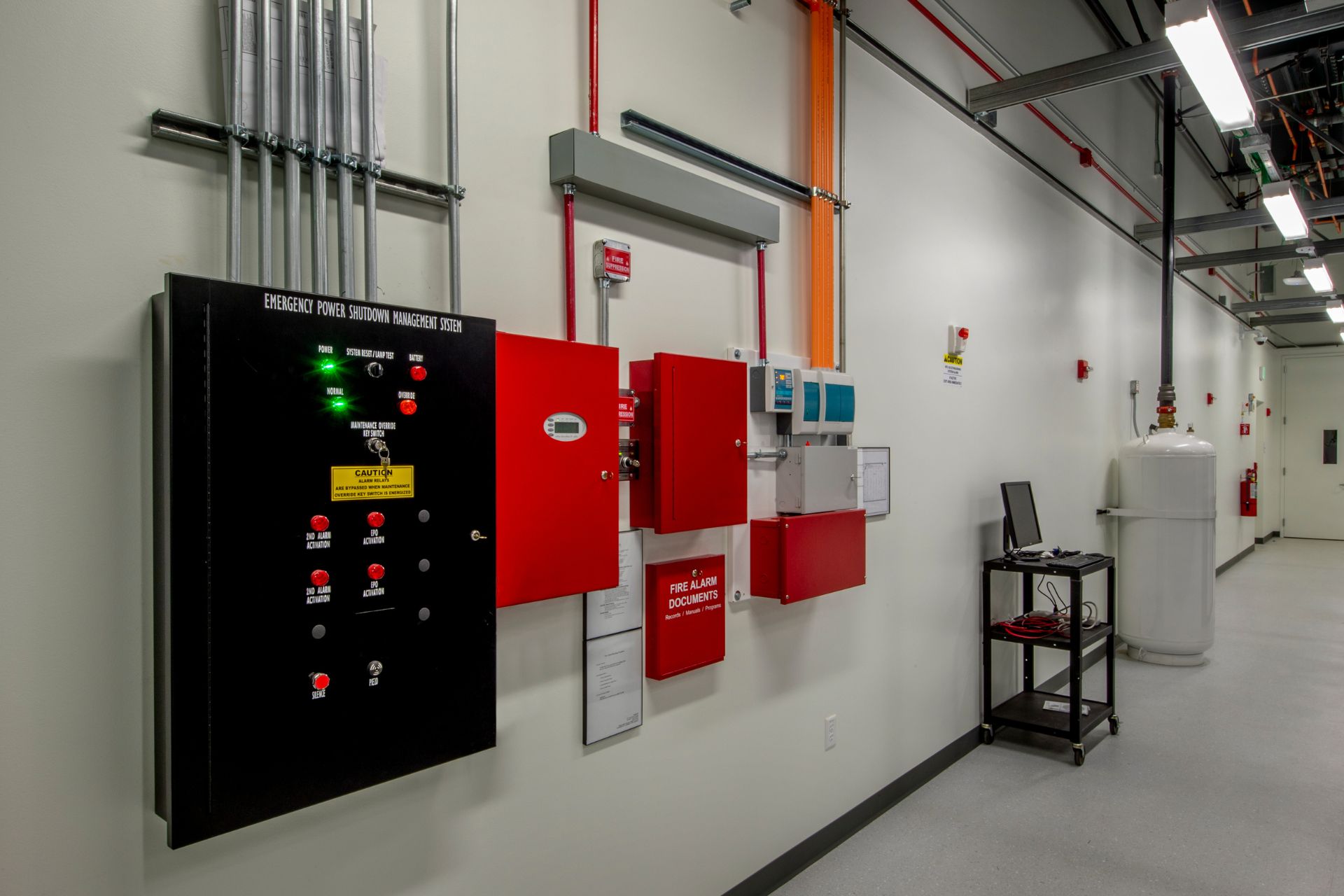There are many legal guidelines for video surveillance in private and public spaces. We provide an overview of what data protection allows.
More and more criminal cases can be solved by video burglary protection. But of course there are also numerous limits due to data protection and privacy. How far does the law allow video surveillance?
Video surveillance in the workplace
Monitoring in the workplace is mostly necessary for security reasons, but also for organizational reasons. It is important that the employees are not visible on the camera or only in exceptional cases. It is permitted to attach the camera outside of a building, for example on the Parking or at the entrances.
There are exceptions to this in the case of vaults, in the counter halls of a bank and in the case of gas installations outdoors. In addition, danger zones can be monitored, this applies to both machines and storage rooms. Access must always be restricted using secure passwords. Furthermore, all staff must know about the positions and settings of the cameras.

Data protection in surveillance in public spaces
Video surveillance is generally not permitted in public spaces. People often have no choice as to whether they want to enter a monitored area - and then data protection takes effect. In addition, private individuals cannot invoke security as a reason for surveillance. Because that is the job of the police and is therefore not subject to the decision of the individual.
There are two exceptions to these guidelines. On the one hand, the exception applies if the public property is included in a legal surveillance of a private area. That too can only be done to a limited extent. Furthermore, exceptions can be made if the monitoring has been agreed with the responsible body beforehand. This is usually the police or the community.
Burglary protection in private rooms
Restaurants, underground garages or apartment buildings, for example, are considered private spaces. In order not to violate data protection, some guidelines must be observed. Monitoring is limited to your own property and may only be used for predominantly private reasons. This applies, for example, to the protection of people or valuable objects.
Less radical measures like Burglar alarm systems and interlocks are always preferable to video surveillance. In addition, the recordings are deleted again for data protection, usually after 24 hours. A clearly visible sign is also necessary so that everyone knows that they are being monitored.
Conclusion on data protection with surveillance cameras
Video surveillance is only permitted by law if there is permission and all the rules to be followed for data protection. Usually the permits are very limited. Telsec is an expert in the installation of data protection compliant security systems. If you are unsure, you can apply for free Consultation arrange.





































